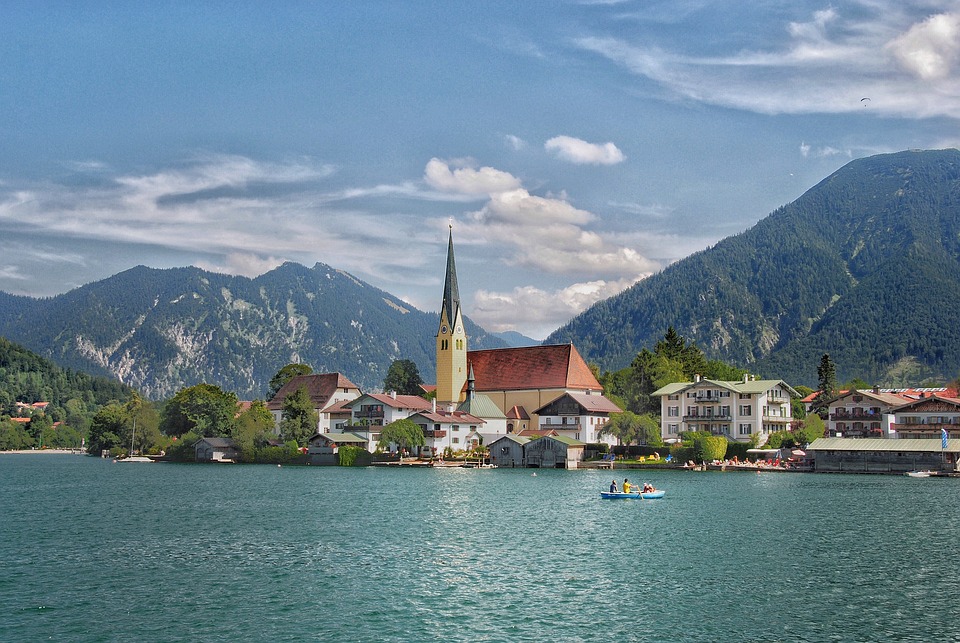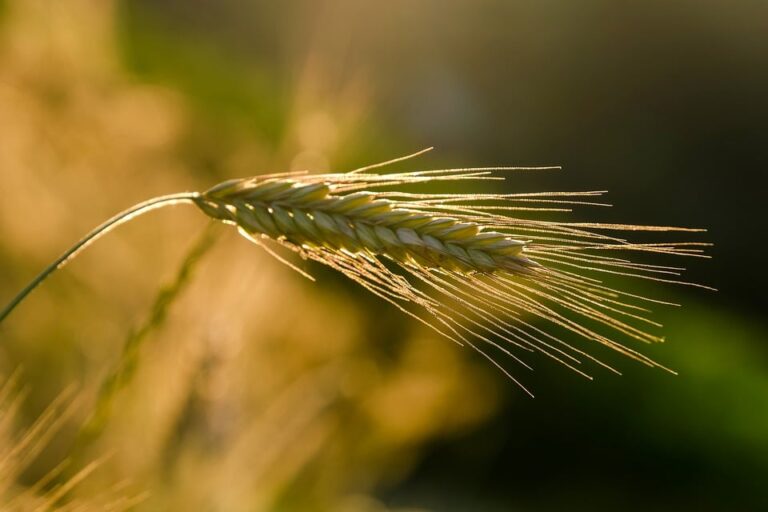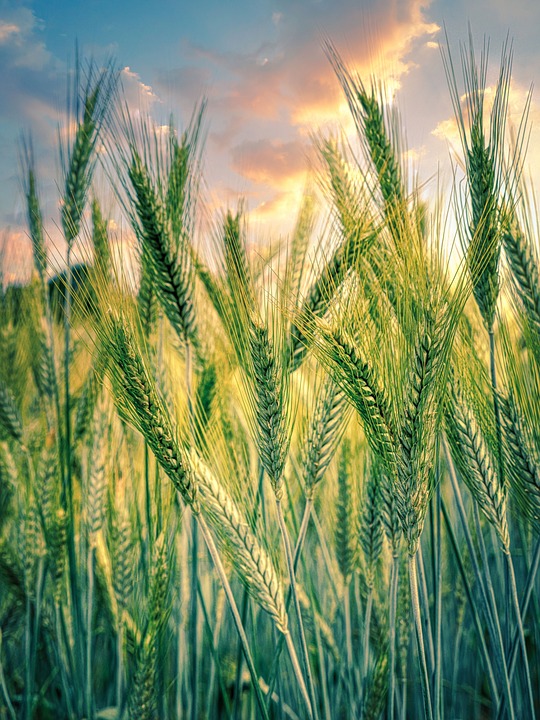Self-Sufficiency and Sustainability: The Key to Thriving Russian Villages
In recent years, the concept of self-sufficiency and sustainability has been gaining traction in many rural communities around the world, including in Russia. With the increasing pressures of climate change, economic uncertainty, and global pandemics, many villages in Russia are turning towards self-sufficiency and sustainability as a way to secure their livelihoods and ensure a prosperous future for generations to come.
The Importance of Self-Sufficiency
Self-sufficiency refers to a community’s ability to provide for its own needs without relying on external sources. In the context of Russian villages, self-sufficiency means growing one’s own food, producing one’s own energy, and creating one’s own goods and services. This not only reduces dependence on outside sources but also fosters a sense of community pride and resilience.
One of the main benefits of self-sufficiency in Russian villages is food security. By growing their own fruits, vegetables, and livestock, villagers can ensure a stable and continuous food supply, even in times of crisis. This is especially important in a country like Russia, where harsh weather conditions and remote locations can make food production challenging.
Self-sufficiency also helps to reduce the environmental impact of villages. By producing goods locally, villagers can minimize the need for transportation and packaging, leading to lower carbon emissions and less waste. This not only benefits the environment but also creates a more sustainable way of life for future generations.
The Role of Sustainability
Sustainability goes hand in hand with self-sufficiency in Russian villages. Sustainability refers to the ability to meet the needs of the present without compromising the ability of future generations to meet their own needs. In the context of villages, sustainability means living in harmony with the land, conserving natural resources, and preserving traditional practices.
One key aspect of sustainability in Russian villages is energy production. Many villages in Russia are located in remote areas that are often off the grid. By investing in renewable energy sources such as solar panels, wind turbines, and biomass generators, villages can reduce their reliance on fossil fuels and create a more sustainable energy system for the future.
Another important aspect of sustainability in Russian villages is agriculture. Traditional farming practices in Russia have often been unsustainable, relying heavily on chemical inputs and monoculture crops. By adopting organic farming methods, crop rotation, and agroforestry, villages can increase soil fertility, preserve biodiversity, and ensure a healthy food supply for years to come.
Challenges and Opportunities
While self-sufficiency and sustainability offer many benefits to Russian villages, they also pose challenges. One of the main challenges is the lack of infrastructure and resources in rural areas. Many villages in Russia lack access to clean water, healthcare, education, and transportation, making it difficult to implement self-sufficiency and sustainability practices.
Another challenge is the lack of knowledge and skills among villagers. Many rural residents in Russia have little experience with sustainable farming methods, renewable energy technologies, or eco-friendly practices. By providing training, workshops, and resources, villages can help residents learn new skills and adapt to a more sustainable way of life.
Despite these challenges, there are many opportunities for Russian villages to thrive through self-sufficiency and sustainability. One opportunity is the growing demand for locally sourced, organic products in urban markets. By tapping into this market, villages can create new economic opportunities and strengthen their local economies.
Another opportunity is the availability of government funding and support for sustainable development projects. The Russian government has recently introduced initiatives to promote renewable energy, organic farming, and eco-tourism in rural areas. By taking advantage of these programs, villages can access financial resources and technical assistance to implement self-sufficiency and sustainability practices.
In conclusion, self-sufficiency and sustainability are crucial for the future success of Russian villages. By adopting these principles, villages can ensure food security, reduce environmental impact, and create a more resilient community. While there are challenges to overcome, there are also many opportunities for villages to thrive through self-sufficiency and sustainability. With the right support and resources, Russian villages can build a prosperous and sustainable future for generations to come.





